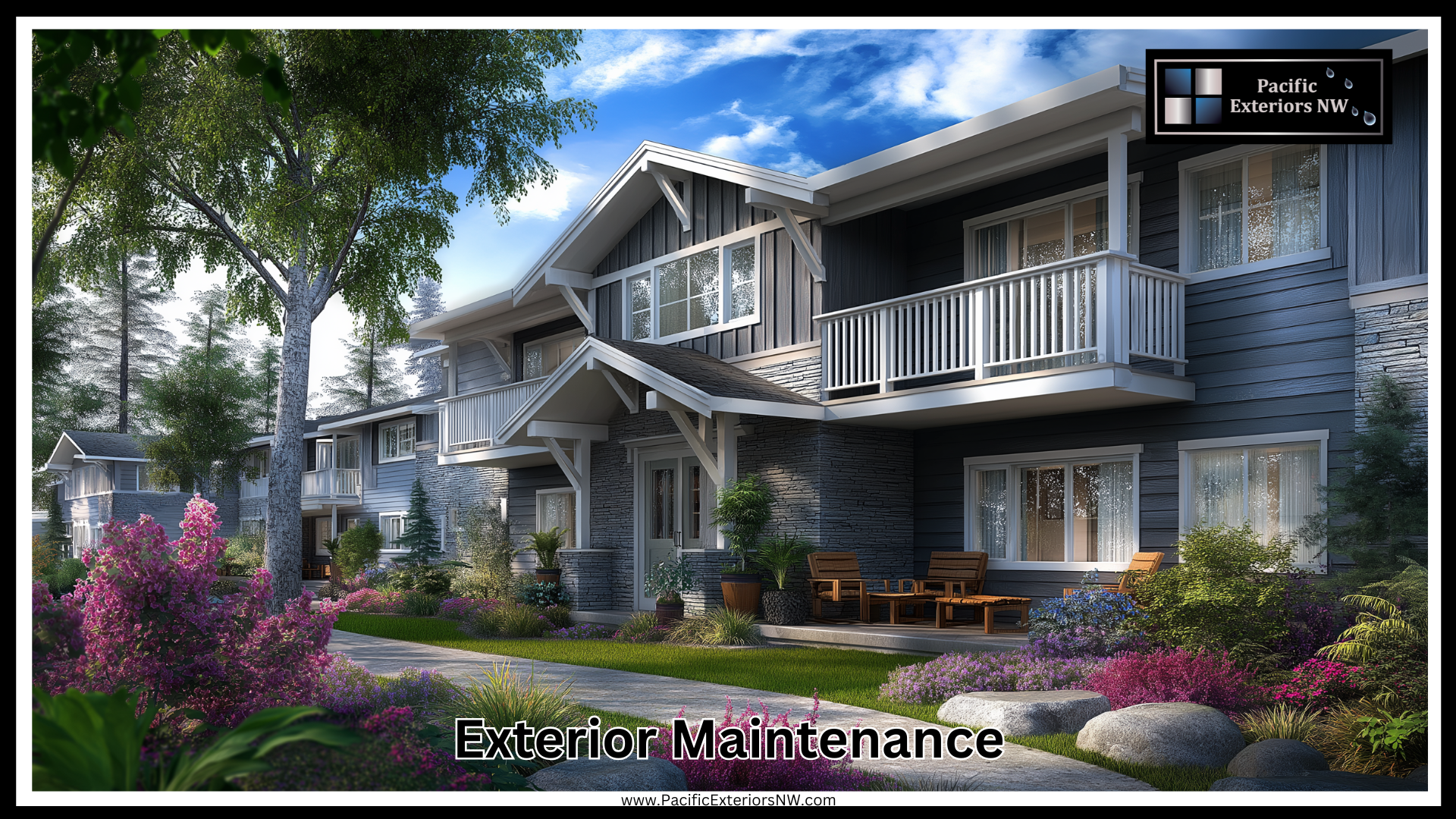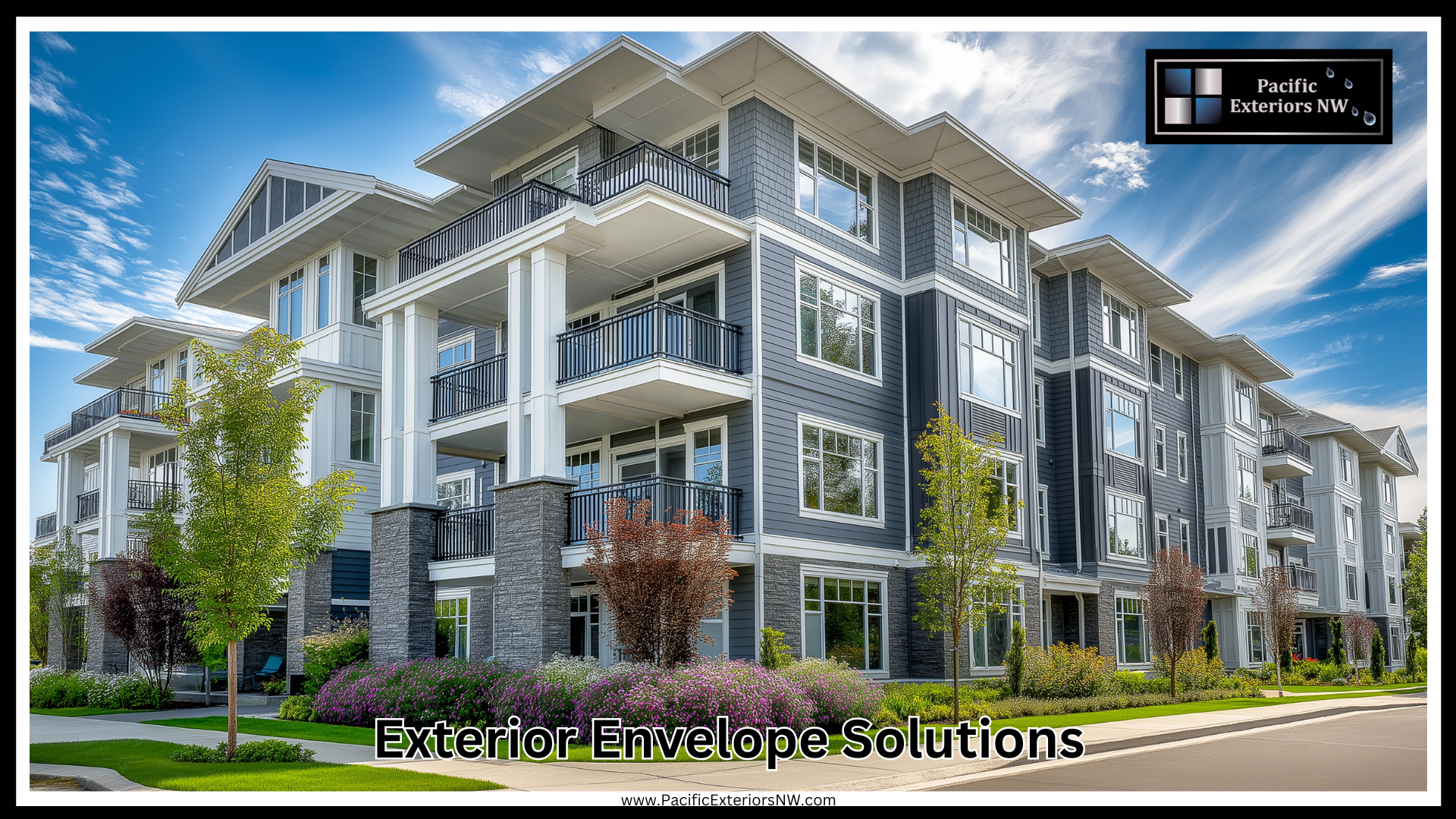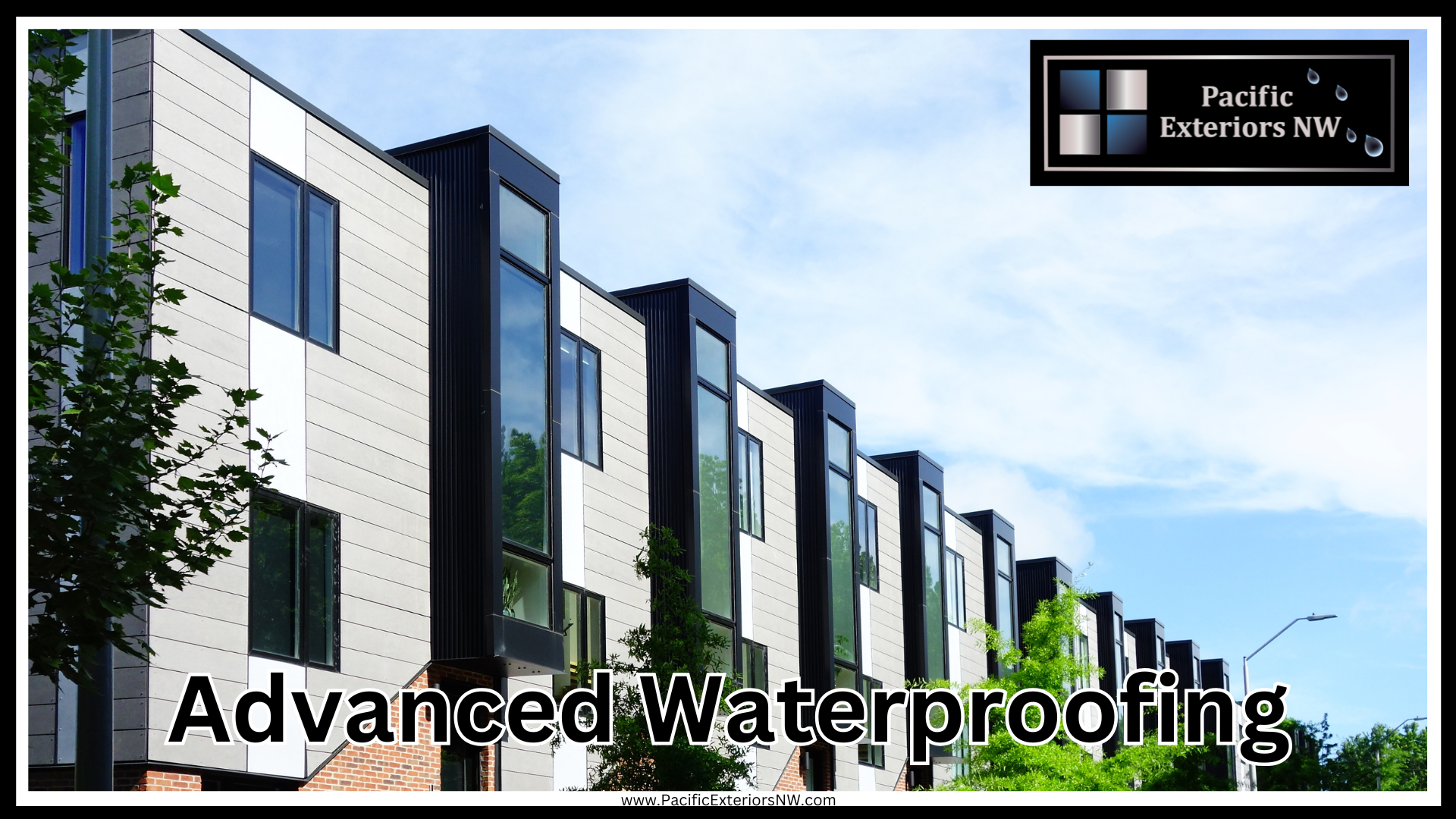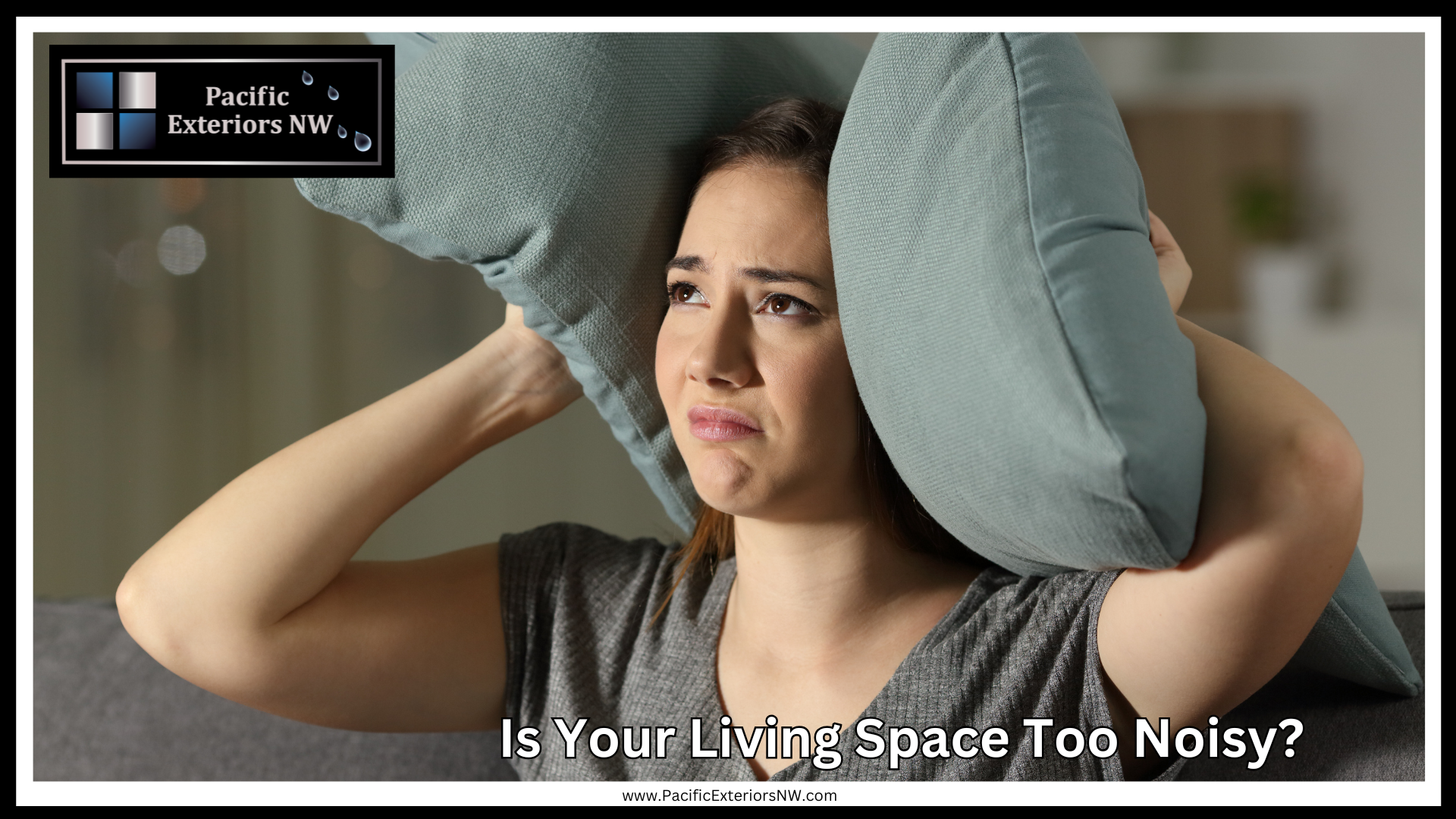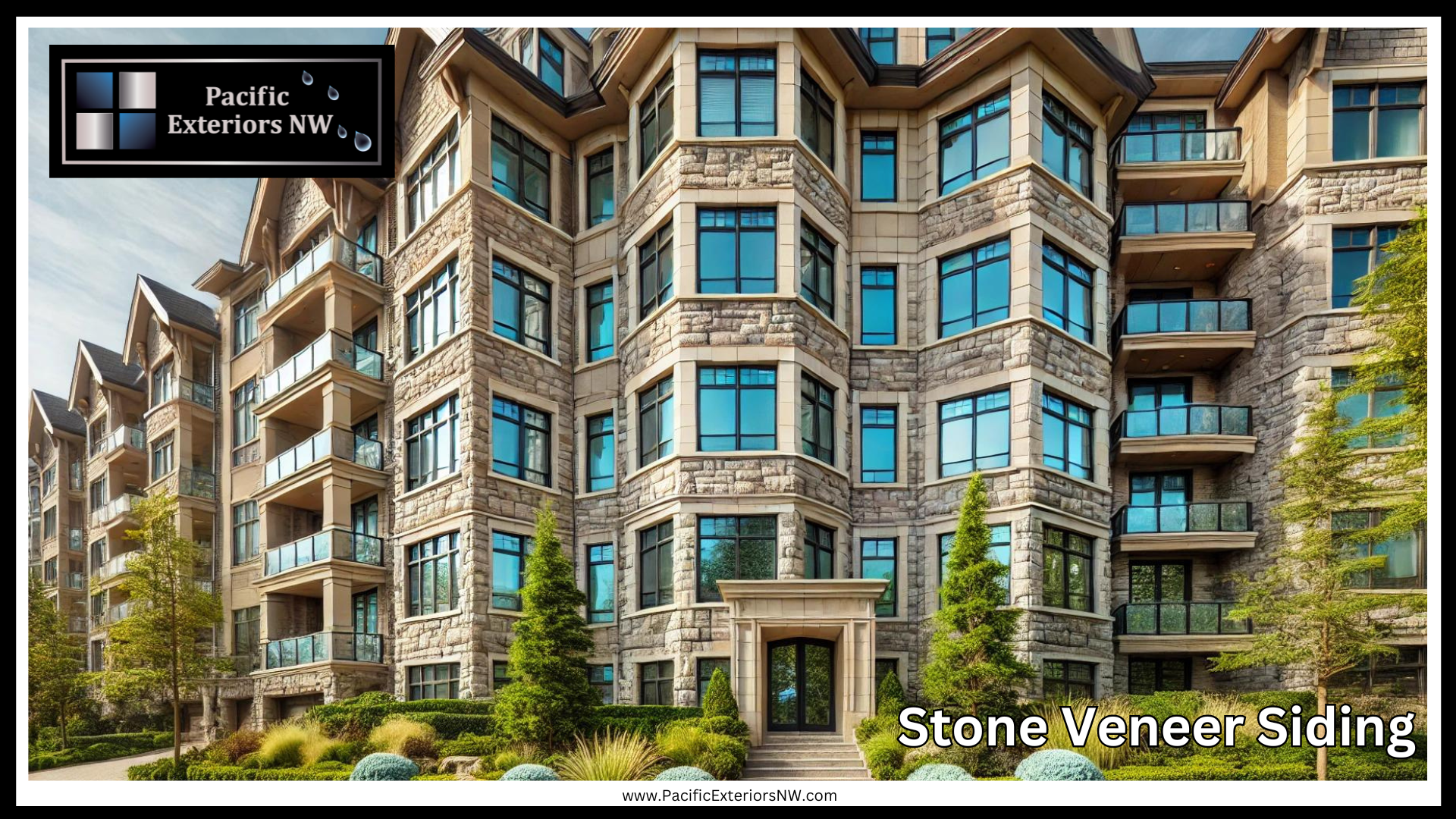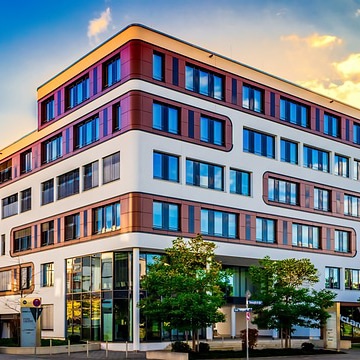 Mold is a serious problem that can have harmful effects on your health. If you live in an apartment or own an apartment building, it’s essential to be aware of the potential for mold growth and take steps to prevent it. There are many reasons why mold grows in apartments.
Mold is a serious problem that can have harmful effects on your health. If you live in an apartment or own an apartment building, it’s essential to be aware of the potential for mold growth and take steps to prevent it. There are many reasons why mold grows in apartments.
Poor ventilation, leaks, and high humidity can contribute to mold growth.
In some cases, tenants may not even be aware of the problem until it’s too late. If you think there might be a problem with mold in your apartment, the first step is to contact your landlord or property manager.
They should be able to tell you if there have been any previous problems with mold and what they did to solve them. If the problem persists, you may need to call a professional specializing in apartment mold remediation.
These steps will help ensure that your apartment is safe and free from harmful Mold spores.
Table of Contents:
- What Is Mold, and Why Does It Grow in Apartments?
- How Can You Tell If Your Apartment Has Mold?
- Health Effects of Mold Exposure
- How to Prevent Mold Growth in Your Apartment
- Tips for Dealing With a Mold Problem
- Conclusion
What Is Mold and Why Does It Grow in Apartments?
Mold is a type of fungus that thrives in damp, humid environments. It can grow on almost any surface, including wood, paper, carpet, and food.
Mold is a problem in many apartments because it can cause health problems, such as respiratory problems and skin irritation. It can also damage the apartment, causing the walls to rot.
If you think you have a mold problem in your apartment, the first step is to contact a mold remediation specialist like Pacific Exteriors NW. They will be able to assess the situation and devise a plan to eliminate the mold.
How Can You Tell If Your Apartment Building Has Mold?
If you notice any of the following signs in your apartment building, you may have a mold problem:
1. Allergies That Weren’t There Before.
Do your tenants suddenly have allergies they never had before?
If you’re sneezing or coughing, and your eyes are watering for no apparent reason, it could be that you’re allergic to mold.
2. Visible Mold.
Of course, one of the most apparent signs of a mold problem is if you can see it. Mold can appear in many colors, including black, white, green, and brown.
3. A Musty Smell.
If your apartment building has a musty smell, that’s a telltale sign of mold.
4. Water Stains.
Water stains on the walls or ceiling could signify a mold problem. If you see water stains, it’s essential to find the source of the water and fix the issue to prevent mold from growing.
5. Peeling Paint.
Mold can cause paint to peel, so if you see peeling paint, it’s a good idea to check for mold. If you suspect a mold problem in your apartment, it’s essential to fix it immediately.
Mold can cause serious health problems, so it’s not something you want to ignore. The first step is to contact your landlord or property manager.
They should be able to help you identify the source of the problem and take steps to fix it. If you’re renting an apartment, you may worry about mold remediation’s cost.
However, it’s important to remember that it’s the landlord’s responsibility to handle mold problems. If they don’t take care of the problem, you may be able to withhold rent or even break your lease.
If you think you have a mold problem, don’t wait to take action.
The sooner you address the problem, the better.
Health Effects of Mold Exposure
Mold exposure can cause various health problems, including respiratory infections, coughing, wheezing, and difficulty breathing. People with mold allergies may have more severe reactions, such as asthma attacks.
Some types of mold can also produce toxins, known as mycotoxins, which can cause various health problems, including neurological disorders and cancer. If you think you have been exposed to mold, you must see a doctor as soon as possible.
If you live in an apartment, mold remediation is a crucial step to take to protect your health.
How to Prevent Mold Growth in Your Apartment Building
While mold is necessary for breaking down dead organic matter, some types of mold can cause serious health problems for humans.
If you live in an apartment, you may wonder how to prevent mold growth in your home.
Here are a few tips:
- Keep your apartment clean and free of clutter.
- Inspect your apartment regularly for signs of water damage, such as leaks in the ceilings or walls.
- Use a dehumidifier in your apartment, especially in rooms that tend to be damp, such as the bathroom or laundry room.
- If you do find mold in your apartment, don’t try to remove it yourself.
Contact a professional mold remediation company to have the mold safely removed.
Tips for Dealing With a Mold Problem
If you think you have a mold problem, it’s essential to take action immediately.
Here are some tips for dealing with a mold problem:
1. Identify the Source of the Problem.
Mold can grow in damp, dark places. If you suspect mold in your apartment, check for signs of moisture, such as condensation on walls or pipes.
2. Ventilate the Area.
If you find mold in your apartment, open windows and doors to help increase air circulation.
3. Clean the Affected Area.
Use a stiff brush and soapy water to scrub mold off hard surfaces. For porous surfaces, such as carpet or drywall, you may need to use a special mold-killing cleaner.
4. Prevent the Problem from Coming Back.
Once you’ve gotten rid of the mold, could you take steps to prevent it from returning? Make sure to repair any leaks and keep the area well-ventilated.
Conclusion
If you think there might be a problem with mold in your apartment, the first step is to contact your landlord or property manager. They should be able to tell you if there have been any previous problems with mold and what they did to solve them.
If the problem persists, you may need to call in a professional specializing in apartment mold remediation. These steps will help ensure that your apartment is safe and free from harmful mold spores.
Pacific Exteriors NW is here to help landlords and apartment building owners fix any mold problems your properties might have. It is common here in the Pacific Northwest.



